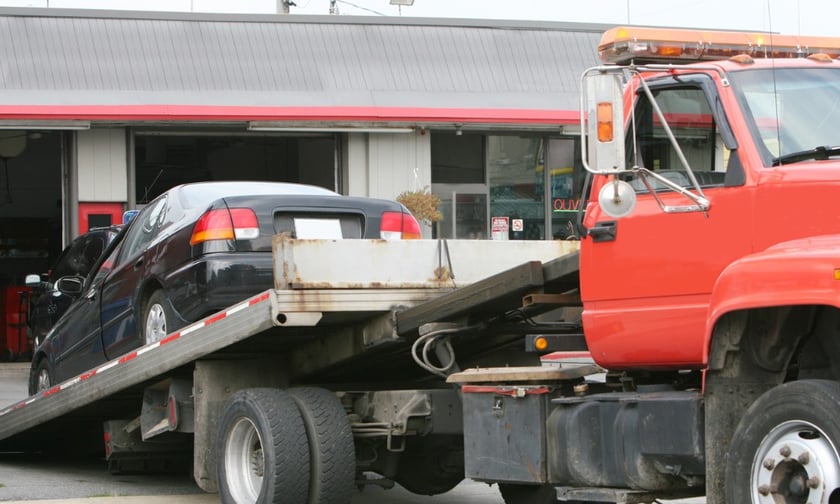

The Insurance Council of Australia (ICA) has commended the Western Australian government and Minister David Michael following the presentation of a towing reform bill to Parliament.
The ICA said the industry has long pressed for measures to address exploitative practices within the towing industry, including the regulation of towing fees to prevent overcharging.
“[The] announcement is welcome news for Western Australian motorists across the state. This addresses a key driver of cost for motor insurance in Western Australia,” said ICA CEO Andrew Hall. “The ICA and insurers have long called for reform of towing arrangements in WA to prevent price gouging and bring the State into line with other jurisdictions.”
The reforms aim to bring Western Australia in line with other regions and reduce the high costs currently faced by motorists, who pay significantly more for towing services compared to those in the Eastern states.
Hall said the ICA is ready to assist the government in ensuring the smooth implementation of these reforms.
“We look forward to working collaboratively with all stakeholders to ensure reforms are implemented promptly and effectively for the benefit of all WA motorists,” he said.
The ICA has also welcomed the decision by Commonwealth, state, and territory building ministers to prioritise building resilience in the objectives of the Australian Building Codes Board (ABCB) starting in 2025.
This directive is designed to ensure that the 2028 National Construction Code mandates new homes be constructed to better withstand extreme weather events.
Hall emphasised the importance of building resilience as a key objective of the National Construction Code, alongside health, amenity, and safety.
“Our homes should be built to last a lifetime, so they need to be able to withstand intensifying cyclones, more severe bushfires, and worsening flooding,” he said.
He pointed out that insurance prices risk, and without reducing long-term risks through stronger homes, pressure on premiums will persist.
“The economic benefits are clear, and stronger homes that are future-proofed against disaster will also enable communities to recover faster after an event,” he said.
Research commissioned by the ICA and conducted by the Centre for International Economics found that updating the National Construction Code to improve home resilience could save about $4 billion annually. This includes:
Further analysis by the McKell Institute for the ICA in 2022 projected that the national costs from extreme weather events could increase by 5% annually, potentially reaching $35 billion per year by 2050, adjusted to 2022 dollars.
